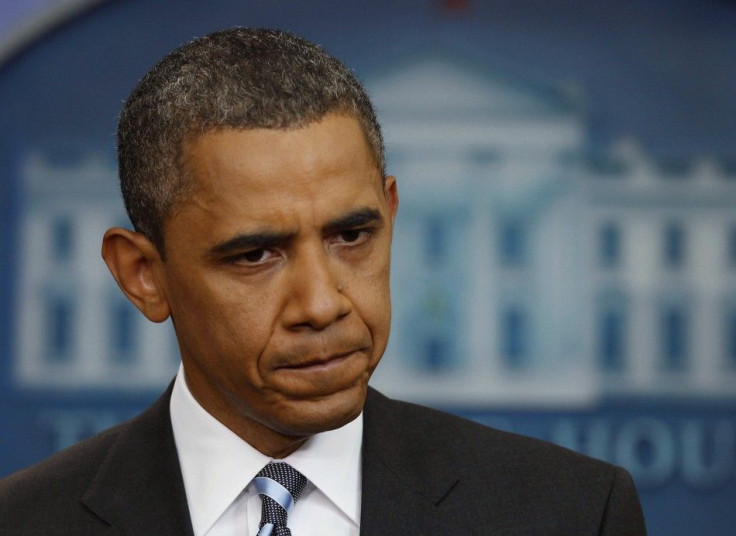For Obama, Bush tax cuts shadow further debt talks

The White House has one important tool in its arsenal to influence congressional talks over further deficit reduction measures in the coming months: the expiry of Bush-era tax cuts at the end of 2012.
After President Barack Obama presented the outlines of a deficit-cutting deal on Sunday, White House officials stressed that he would veto any attempt to extend the tax cuts for the wealthiest Americans beyond next year unless other measures to reform the U.S. tax code were agreed.
That threat, which Obama has issued repeatedly since reluctantly agreeing to extend the cuts last year, is meant to mollify critics within his own Democratic party who are disappointed that measures to increase government revenues were not part of the deal reached on Sunday.
The agreement, which must still be approved by lawmakers, would cut about $2.4 trillion from the U.S. deficit over 10 years, with a congressional committee set up to find $1.5 trillion in cuts through tax reform and other deficit-reduction measures.
Obama had pressed Republicans to agree to close some tax loopholes for corporations and raise taxes on the wealthy as part of a "grand bargain" deficit-cutting agreement. But Republicans balked, saying any tax hikes would hurt the economy, and that debate prevented a deal for weeks.
Now, if the deal passes, the issue of raising revenues will move to the new congressional committee. The White House said if tax reform does not succeed there, the tax cuts put forward by former President George W. Bush will be history.
"The president has been clear that he's not going to sign an extension of the Bush tax cuts for the wealthy. So absent any kind of comprehensive tax reform, you have $800 billion, roughly, of revenue that's going to be gained through the expiration of those tax cuts," a White House official said.
"That's something that is going to be, I think, a motivational thing for both parties, to kind of control the tax reform process as you can, as opposed to be victim to the expiration of those tax cuts."
COMPETING VIEWS
Officials from both parties have expressed interest in reforming the U.S. tax code, but the details of how to do that remain a sticking point.
Democrats want the richest Americans to revert to paying tax rates that existed during the 1990s under President Bill Clinton. Republicans say reverting to those rates would amount to a tax hike that would stifle economic growth.
White House officials said Obama would veto an extension even if it were coupled with a continuation of cuts for middle class Americans that he supports.
"The president has made clear that if we don't have comprehensive tax reform, he is not going to extend," one official said.
"And those in Congress will have to decide whether or not they will then allow the middle-class tax cuts to expire. Our sense is they probably won't. So, again, I think that's an incentive for everybody."
© Copyright Thomson Reuters 2024. All rights reserved.



















